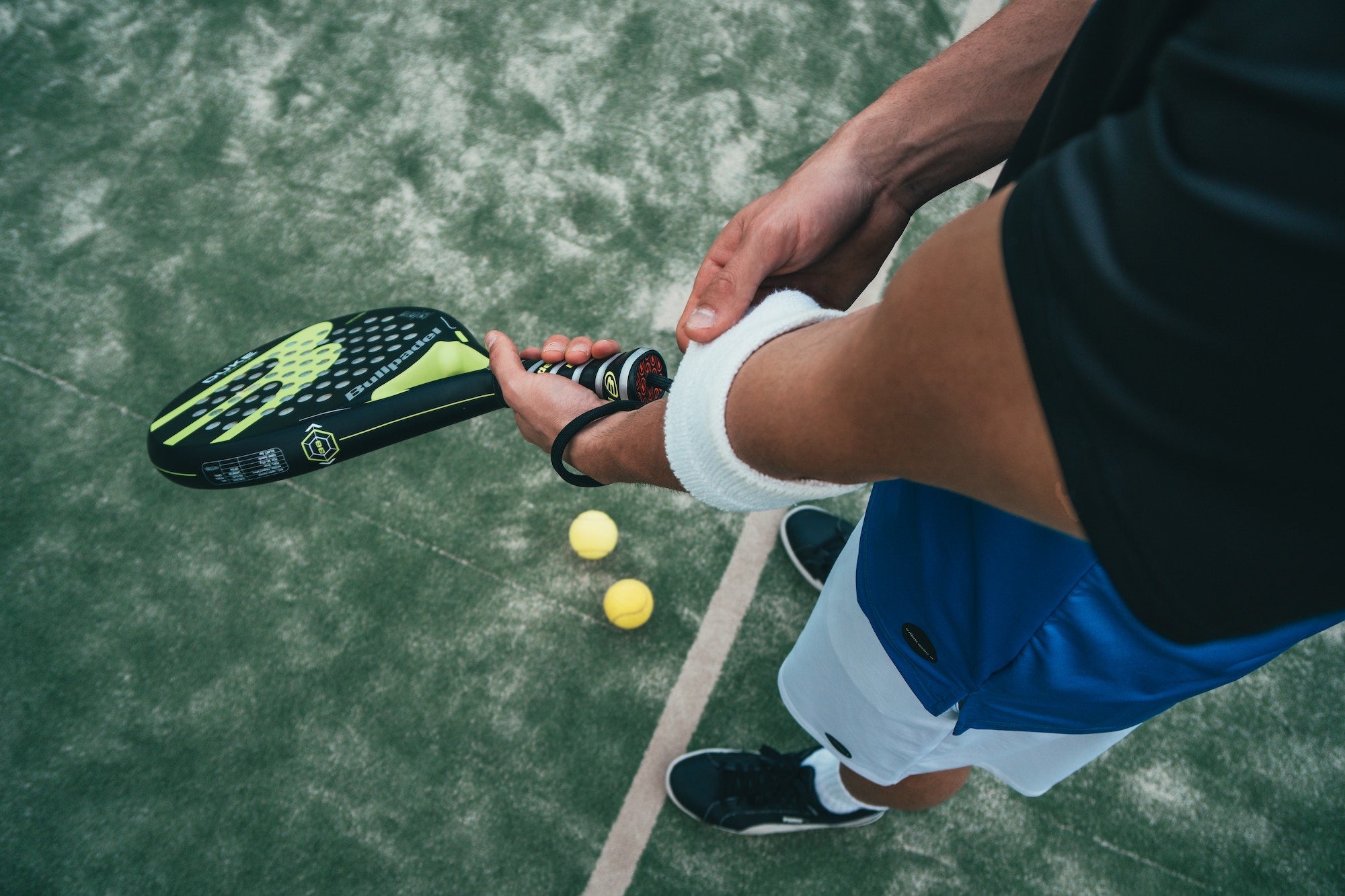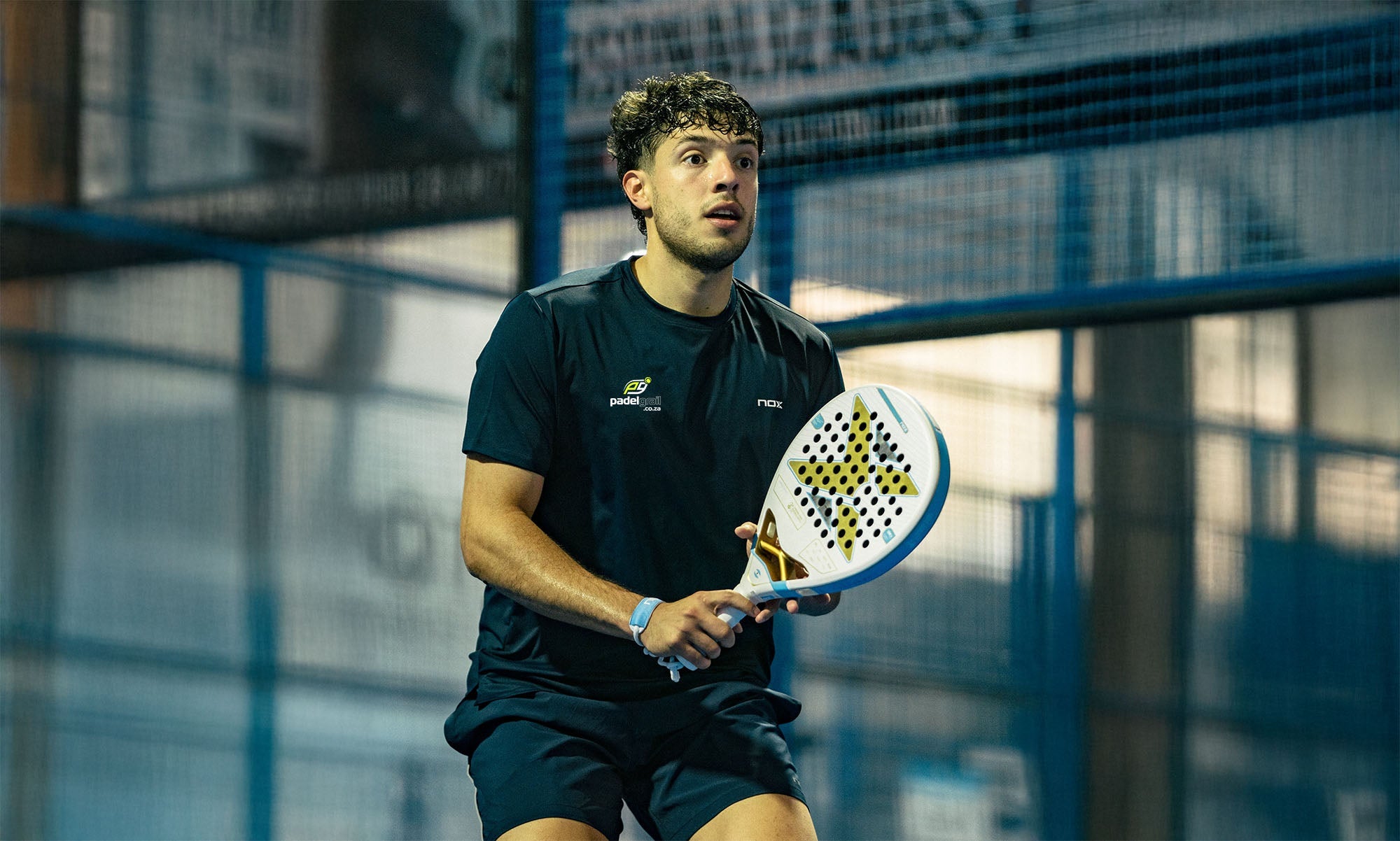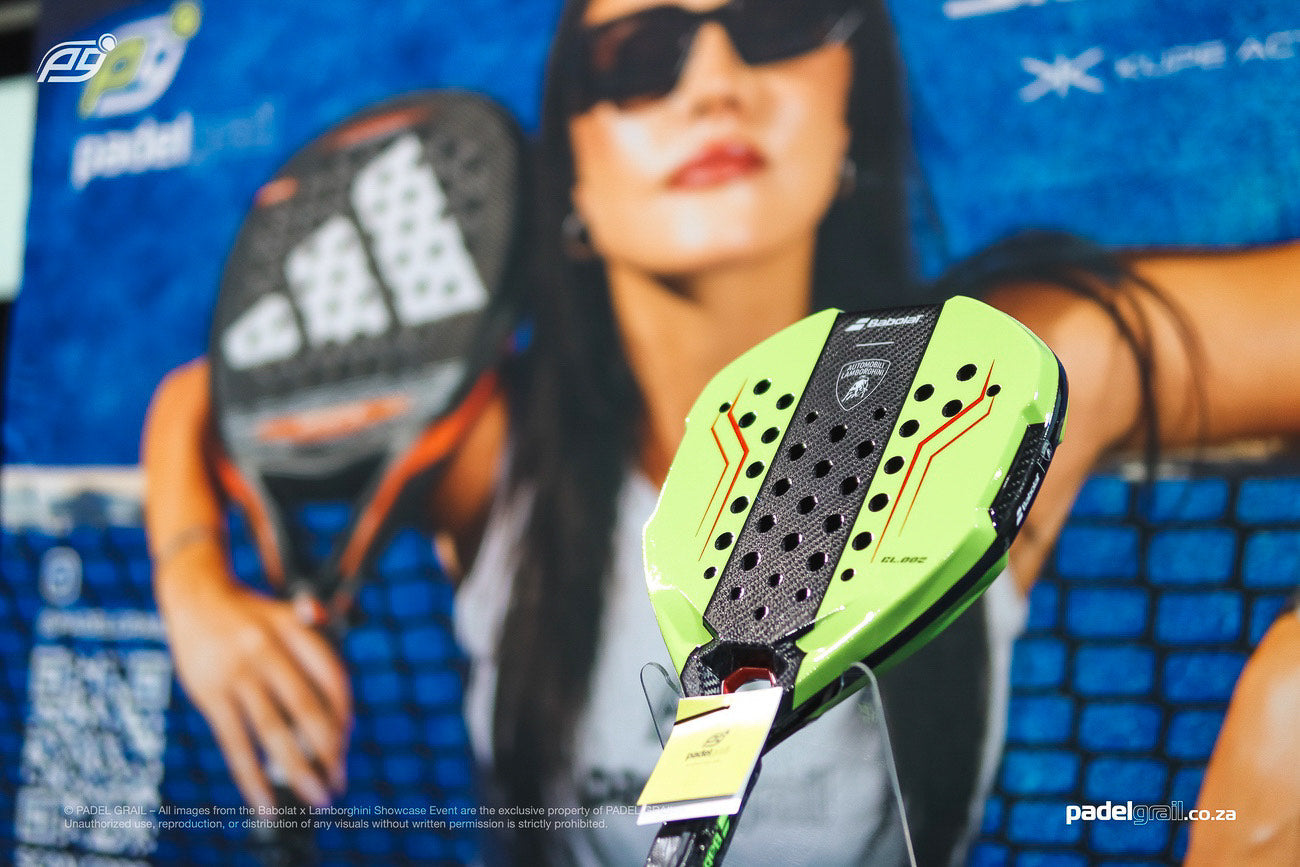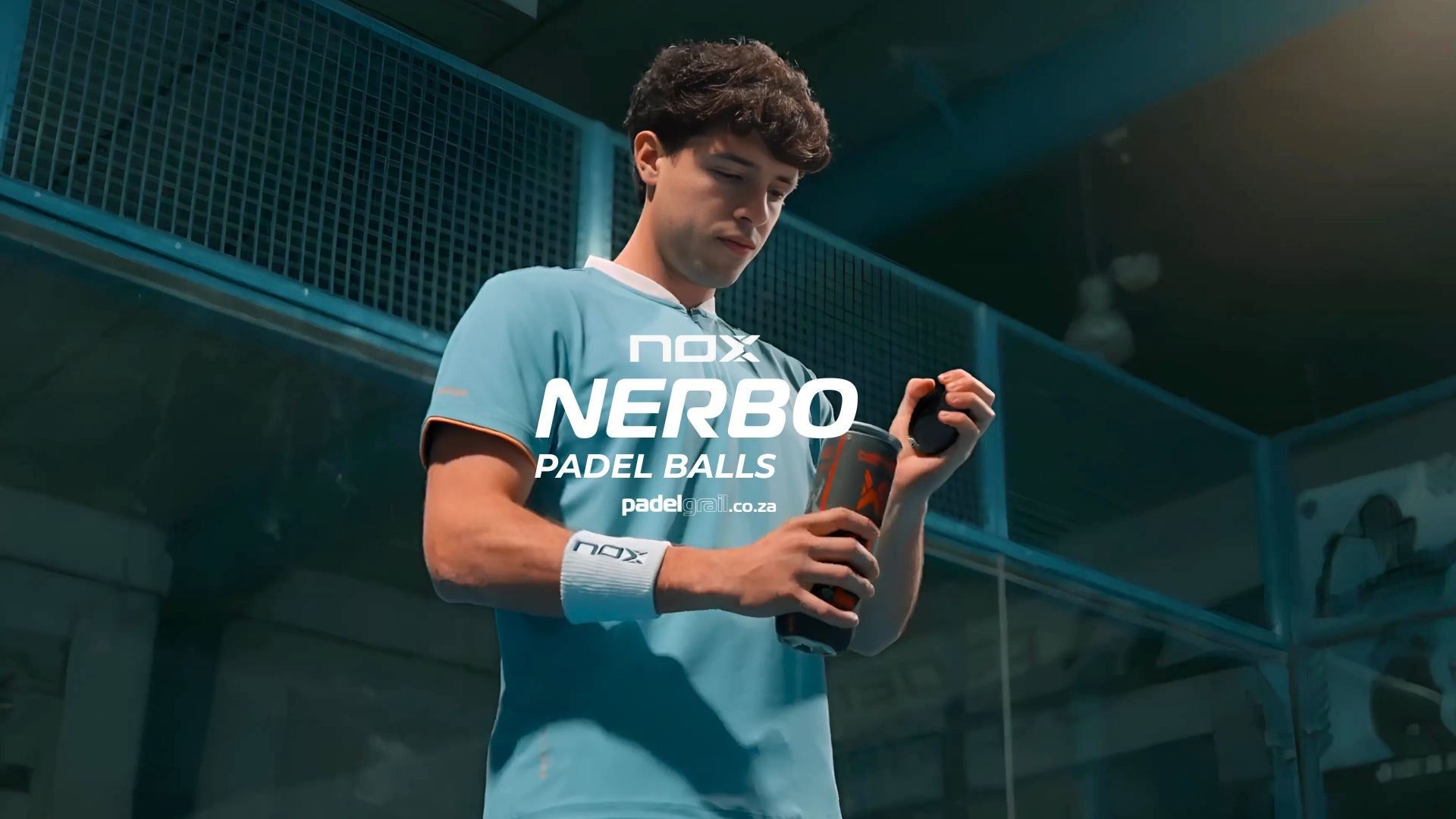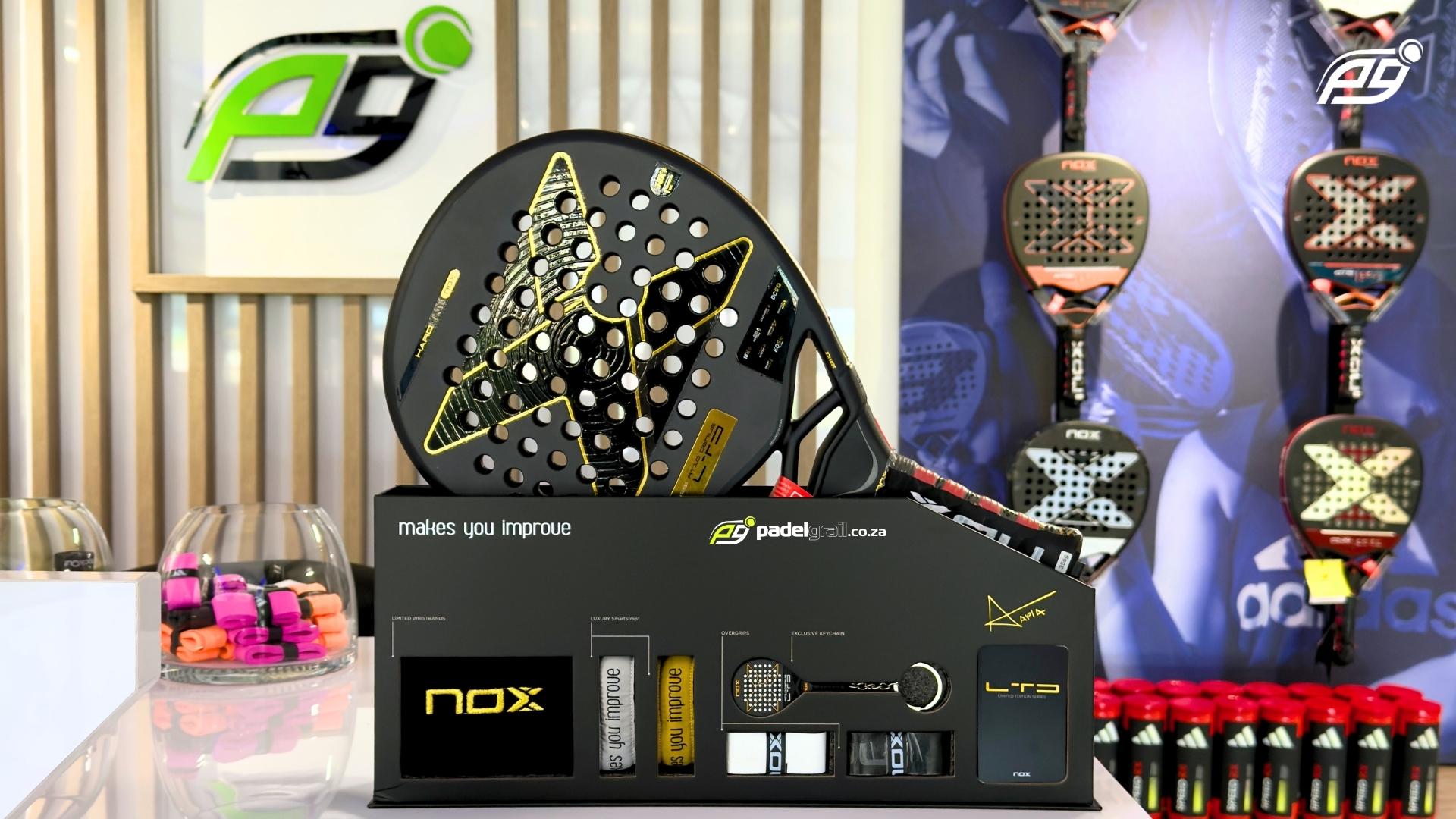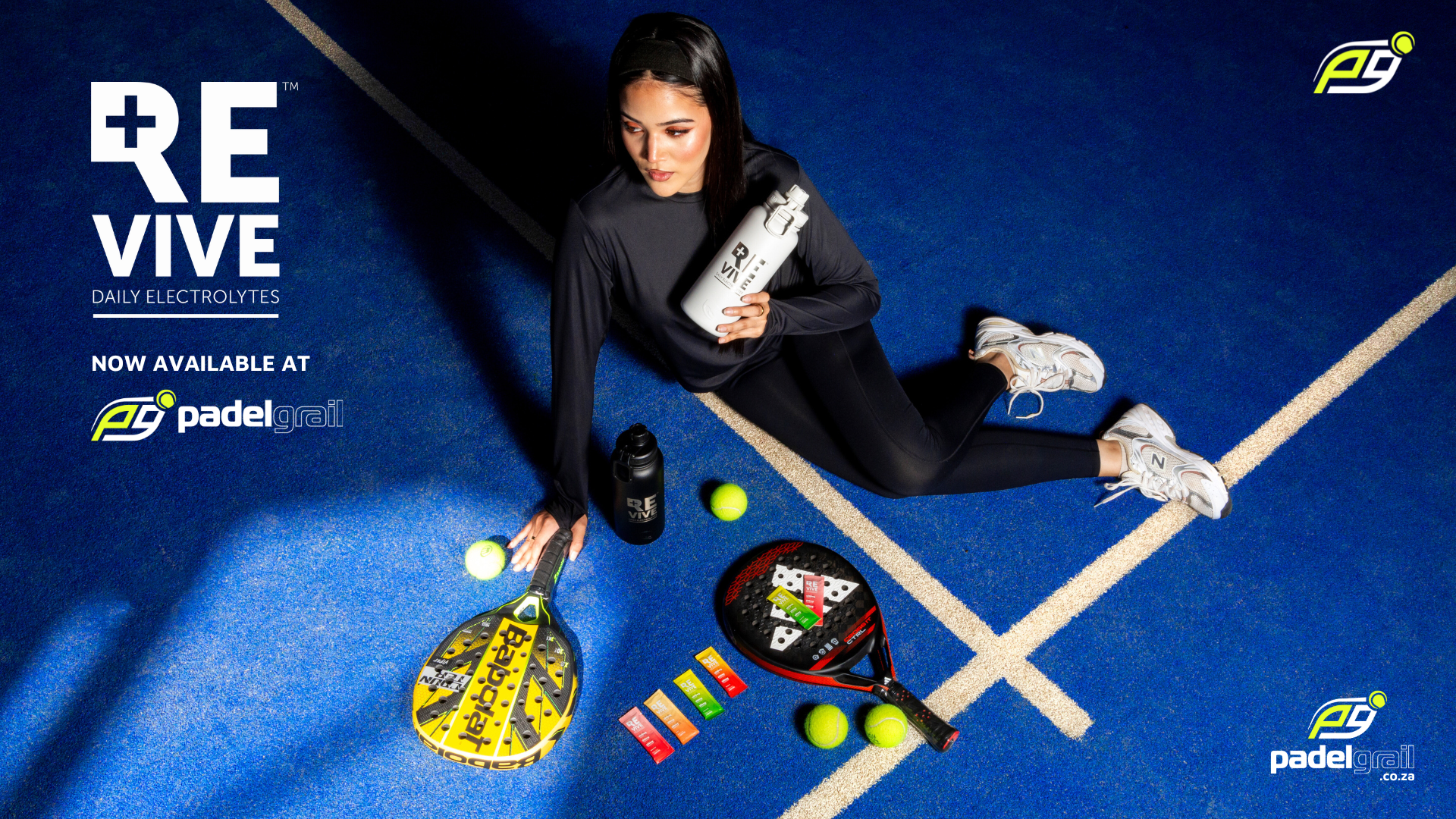Welcome to the exhilarating world of Padel! If you're about to embark on your Padel journey, this guide is tailored just for you. Here's everything you need to know to get started:
1. Essential Gear:
- Padel Racket: Unlike tennis rackets, Padel rackets are solid (without strings) and perforated. They are generally smaller and easier to handle, especially for beginners.
- Balls: Padel balls are very similar to tennis balls but have a little less pressure, making them slightly slower.
- Shoes: Invest in good quality Padel shoes. They're specifically designed for the artificial grass surfaces typical of Padel courts, providing better grip and support.
- Comfortable Clothing: Wear comfortable athletic clothing that allows for easy movement. Padel-specific attire is available, but any sportswear should suffice when starting.
2. Racket Types and Styles:
- Beginner Rackets: Typically round-shaped, offering a larger sweet spot and balanced weight, ideal for newcomers.
- Intermediate Rackets: Can vary in shape but offer a good balance between power and control.
- Advanced Rackets: Often diamond-shaped, they prioritize power over control and are best for those with experience and a strong command of their shots.
3. Basic Rules to Remember:
- Scoring: Padel uses the same scoring as tennis: 15, 30, 40, and game, with a deuce if both players reach 40.
- Service: The ball must be served underhand, and the server must bounce the ball and hit it at waist level or below.
- Walls: One of the unique aspects of Padel is the use of walls, similar to squash. Players can use walls to play the ball, adding an extra dimension to the game.
- Doubles Game: Padel is typically played in doubles, meaning you'll need a partner and will play against a pair.
4. Etiquette and Tips:
- Warm-Up: Always spend a few minutes warming up, practising your shots, and getting used to the court.
- Safety First: Given the proximity of the walls and other players, always be aware of your surroundings. Avoid hitting the ball too hard when someone is close to the net.
- Communication is Key: Since Padel is typically played in doubles, communicate with your partner. Call for balls, strategize, and be supportive.
5. Getting Started:
- Lessons: Consider taking a few lessons to get a grip on the basics. An instructor can provide invaluable tips and feedback.
- Practice Makes Perfect: As with any sport, the more you play, the better you'll get. Practice regularly, play with different partners, and enjoy the process of learning and improving.
6. Connect and Engage:
- Local Clubs: Join a local Padel club or facility. Not only will you get access to courts, but you'll also become part of a community.
- Tournaments and Socials: Many clubs host beginner-friendly tournaments and social nights. It's a great way to meet fellow enthusiasts and get some match experience.
7. Always Have Fun:
While it's great to be competitive, remember Padel is a game meant for enjoyment. Relish the unique shots, celebrate the wins, learn from the losses, and always play with a smile.

